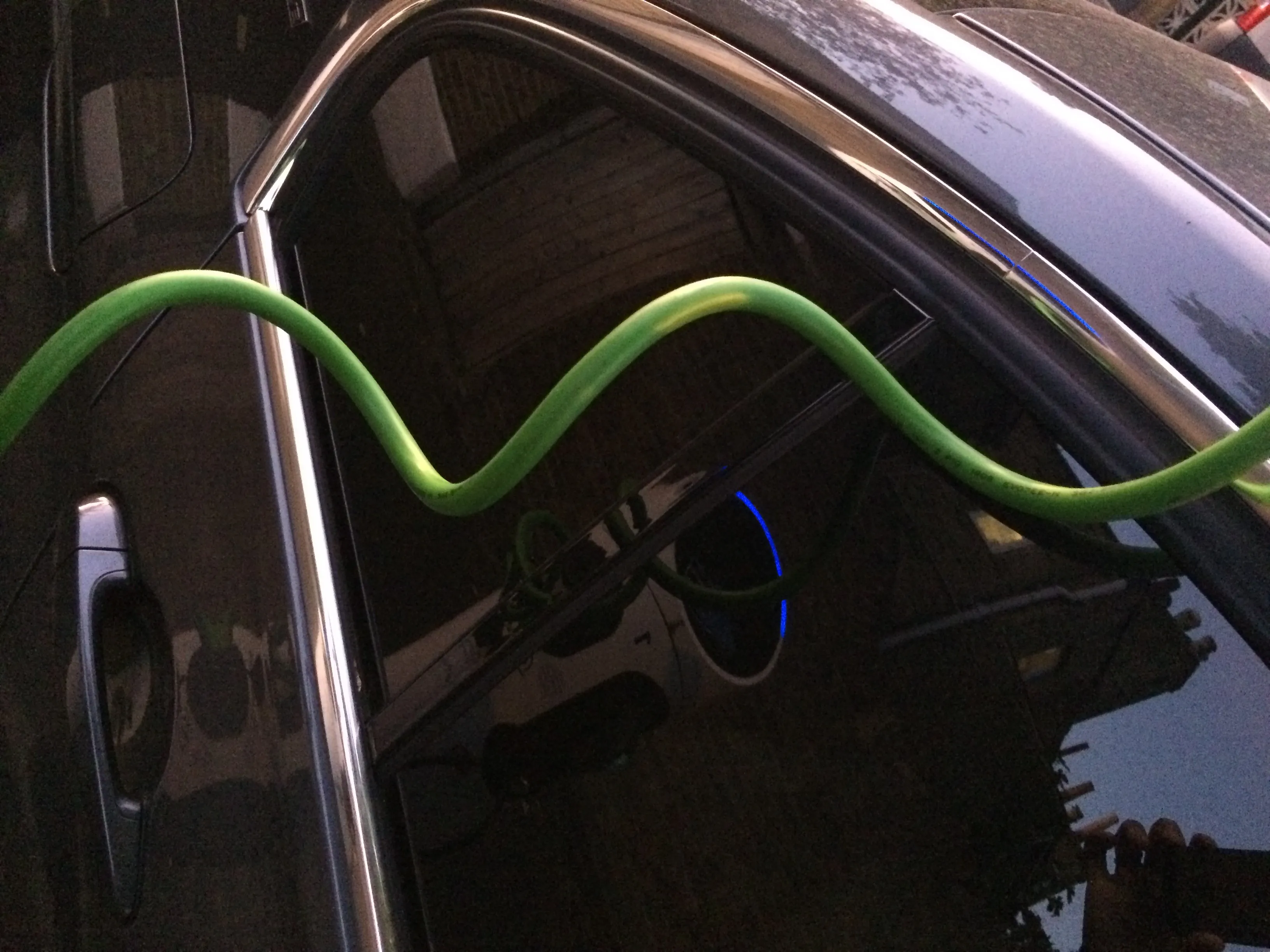
The US city of St. Louis in Missouri is introducing legislation to expand electric vehicle (EV) charging infrastructure.
Mayor Lyda Krewson says: “With this legislation, the city will make using EVs easier and more attractive, which helps cut down on gas vehicle emissions that are harmful to our residents’ health.”
The move is expected to advance the city's climate protection goals of reducing greenhouse gas (GHG) emissions by 100% by 2050.
From 1 January 2022, certain new construction and major renovations of residential and commercial buildings will be required to accommodate easy installation of EV chargers. Similar requirements will begin to apply to major rehabilitations of single-family units beginning 1 January 2024.
It's estimated that at least a quarter of all new vehicles sold by 2030 will be EVs.
A statement issued by the St. Louis Government says certain residential construction will have to include an outlet that can facilitate charging because EVs are most frequently charged at home.
The legislation is also addressing the need for charging capacity for workplaces by requiring certain commercial buildings to include charging stations and designated parking spaces.
Frank Oswald, the city’s building commissioner, says: “It’s much easier and saves you unnecessary costs to install EV infrastructure during a major renovation or new construction project, as opposed to stand-alone retrofits that can be quite costly and time-consuming."
"By taking this action now, we’re empowering the community to prepare and plan for the adoption of EV technology in a cost-effective manner.”
Catherine Werner, the city’s sustainability director, says: “EVs in our state currently emit 33% less GHG than gasoline-consuming vehicles. With this legislation, we’re supporting the use of cleaner vehicles, which will result in cleaner air for us all to breathe.”
As part of the commitment, Kewson has confirmed the city is purchasing several EV and associated chargers to support municipal fleet operations.







